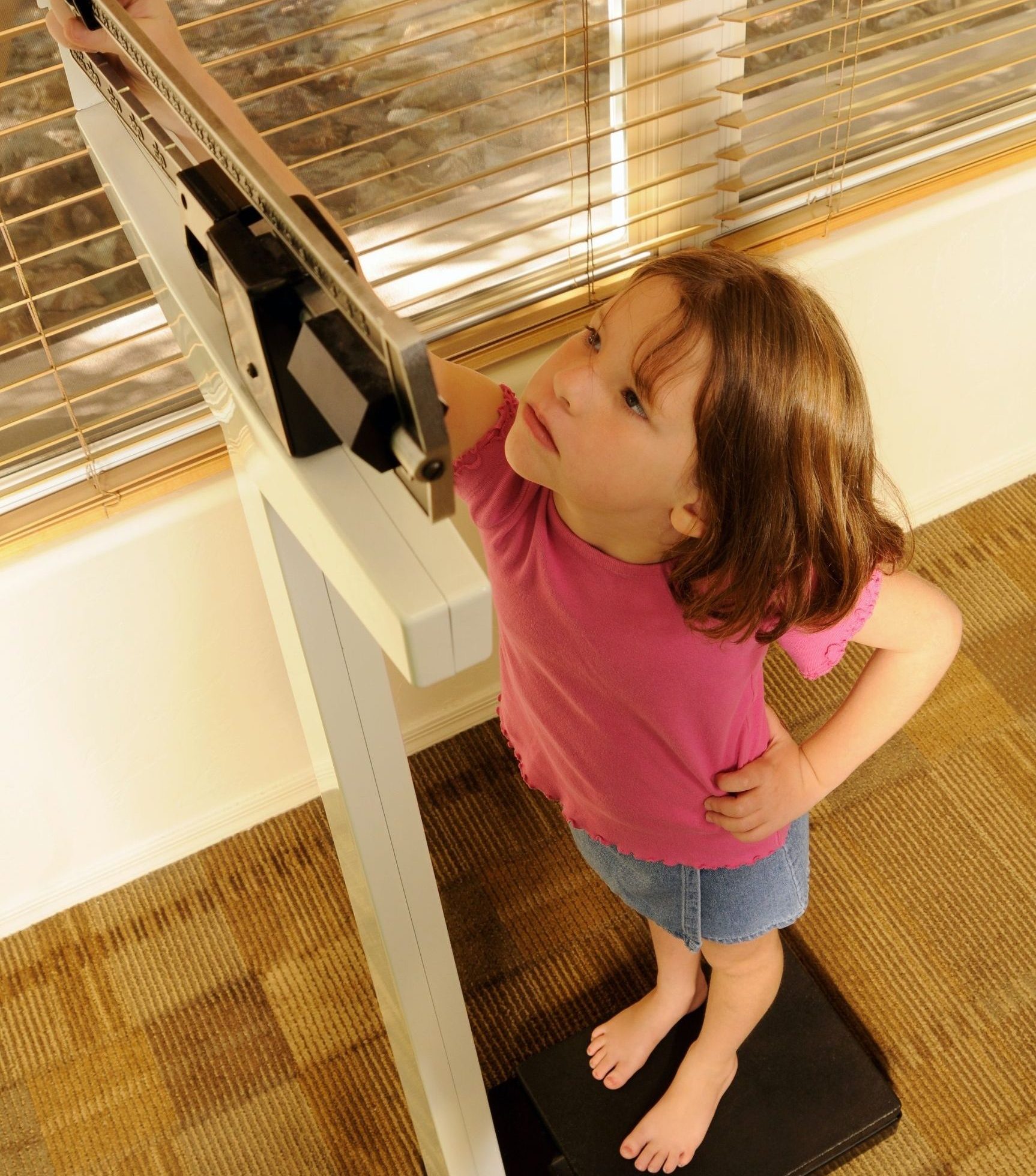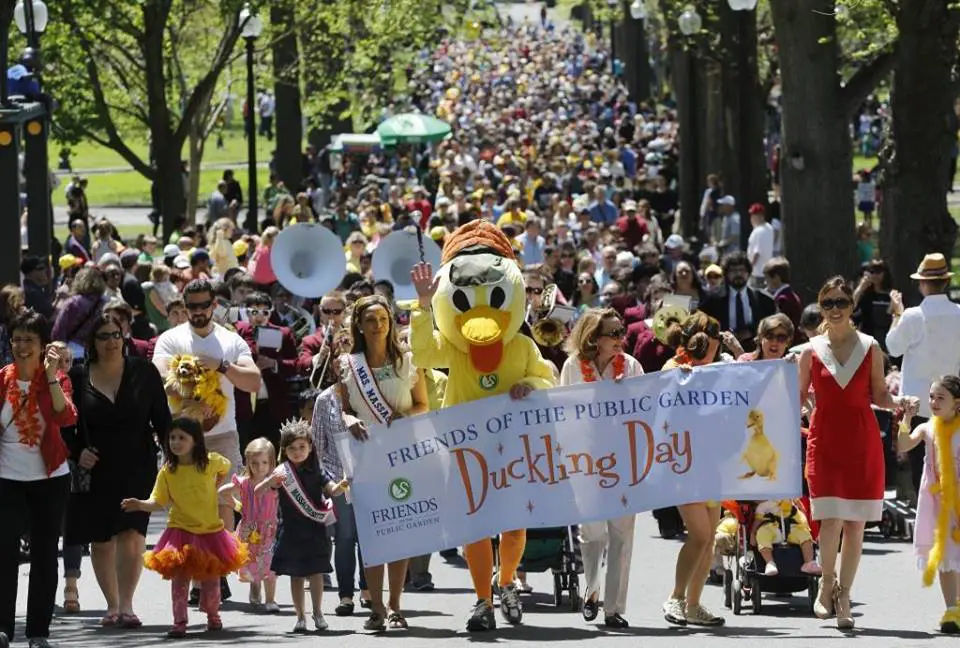
“I’m on a new diet.”
“New year, new me!”
“I’m going to lose (insert number here) pounds this year!”
“I’m going to only eat healthy — no sugar, no dessert.”
“I’m trying this new diet supplement that’s all natural.”
“I just need to learn how to control myself.”
“I start my diet on Monday, so I better eat what I want now — while I still can!”
“Look at my before and after pictures!”
It’s January — are you tired of hearing these diet culture phrases on repeat?
I am.
I’ve had an eating disorder since the age of 12, and my recovery in my adult life is now contingent upon avoiding the “new year” hype.
My journey to recovery really didn’t start until I was a parent to a beautiful little girl who was just entering her preschool years. As I listened to her talk about her body, admiring how beautiful it is and how “perfect” she looks in her tiara with rainbow zebra leggings and her favorite checkered shirt, I hoped with every fiber of my being that she would feel that way forever.
But then, upon some serious self-examination, I realized that her biggest threat was actually me. Her mom. The person who loves her more than anything.
I was the person she would take cues from about her body, and so far I was NOT doing a very good job.
Of course, I was never critical about HER body. I always told her how beautiful she is, how nice she looks, and that she is perfect just the way she is. Initially, I thought I was in the clear because I never talked negatively about her. What I didn’t realize, though, is that children often learn how they “should” feel about their bodies from the observations they make about how we adults feel about our bodies. After feeling like the crappiest mom around, I was confronted with the fact that I needed therapy. A lot of therapy.
Along the way, I have discovered some really important truths about dieting, the diet industry, eating disorders, and the history of diet culture.
I’m taking the time to share some of the facts I use to help me stay grounded in support of my fellow “in recovery” mamas and the mamas who are still working very hard to get there.
1. Studies show 81% of 10-year-olds are afraid of being fat; 42% of 1st- to 3rd-grade girls want to be thinner; 46% of 9- to 11-year-olds are “sometimes” or “very often” on diets.
The facts and numbers don’t lie: Our children are getting the wrong message. By the onset of puberty, our girls already want to be thinner. By age 9, many have already experimented with dieting. Somewhere in the crossroads of what they watch, hear, and experience, they’re getting the message that their bodies aren’t good enough.
2. Over 50% of teenage girls and almost 33% of teenage boys frequently skip meals, fast, smoke cigarettes, vomit, or take laxatives; 91% of college-aged women have controlled their weight through dieting.
As our children emerge into adulthood, old habits die hard. Children who use disordered eating patterns as coping strategies become adults who use disordered eating patterns as coping strategies.
3. The diet industry was worth an estimated $71 billion in 2020.
The diet industry is not in the business of improving overall health outcomes, they’re in the business of making money. They’re predatory and manipulative. The data they generate and use is biased at best, skewed at worst. They’re not trying to help you as a person, they’re trying to increase their bottom line by taking advantage of human insecurities.
4. Food, weight, and dieting has nothing to do with morality. Participating in diet culture does not make you more “moral” than someone who doesn’t.
Someone on a diet is not more “moral,” better, or more motivated than someone who is not. Your dieting habits have nothing to do with how good of a person you are, or what your personality traits are. Putting “good” and “bad” labels on foods gives them more power than they deserve.

Our babies are watching us.
They’re watching us as we look at ourselves in the mirror. They see our scowls as we notice our perceived imperfections.
They hear the way we talk about ourselves — the way we look, how we feel about our weight, and even how we label the food we eat as “good” and “bad.”
They overhear us talking to our friends or relatives about issues related to diet culture, and they pick up on our distress or pride.
So, while I don’t claim to know or be an expert on your personal physical or mental health, I do hope you make an effort to go against diet culture this year.
Let your kiddo hear you talk about how beautiful you are. Tell them how your favorite exercise routine makes you feel powerful, strong, and happy. Let them dress you up and take silly pictures together. Eat chocolate ice cream and don’t mention how “bad” it is, and then let them help you cook your favorite vegetables without telling them how “good for you” they are.
Someday, when your kids grow up and look back on their cherished childhood memories, chances are they won’t remember what size jeans you wore or that extra hot dog you ate on the Fourth of July in 2020.
What they will remember, though, is just how beautiful you always looked to them.
This article uses statistics and information from the following resources: NEDA, UNC Campus Health, Market Research, Time Magazine, Eating Disorder Foundation











